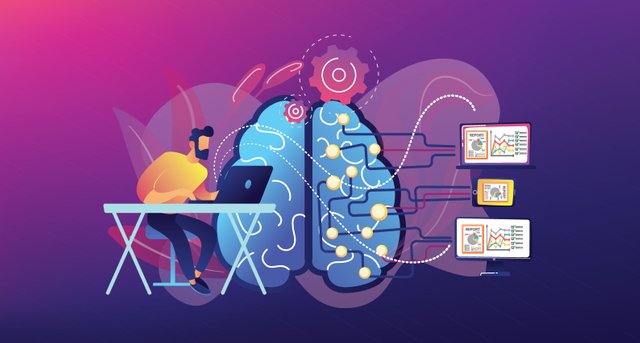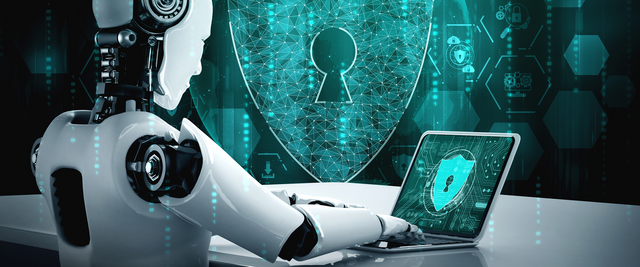As an AI engineering student with a keen interest in the rapidly evolving landscape of artificial intelligence, I had the incredible opportunity to visit several companies that harness the power of AI to revolutionize their businesses. During these visits, I witnessed firsthand how AI is reshaping industries, enhancing processes, and driving innovation in unprecedented ways. In this article, I'll share my observations and insights on the profound influence of AI on businesses.
1.Enhancing Efficiency and Productivity:
One of the most striking aspects of AI implementation in businesses is its ability to optimize operations, significantly improving efficiency and productivity. Through the utilization of machine learning algorithms, AI systems can analyze vast datasets, identify patterns, and make data-driven decisions in real-time. This capability streamlines complex tasks, enabling businesses to allocate resources more effectively, reduce manual errors, and achieve higher output levels.
One company I visited, a logistics giant, had integrated AI into their supply chain management. This AI-powered system efficiently predicted demand fluctuations, minimized transportation costs, and optimized inventory levels. The result was a seamless supply chain process with reduced lead times, ensuring customer satisfaction and substantial cost savings.

2.Personalizing Customer Experiences:
AI's impact on the customer experience is undeniable. By leveraging AI-driven data analytics, companies can gain deeper insights into their customers' preferences, behavior, and pain points. This invaluable knowledge allows businesses to tailor their products and services to meet individual needs, leading to increased customer satisfaction and loyalty.
At an e-commerce company I visited, AI algorithms analyzed customer browsing patterns and purchase histories to deliver personalized product recommendations. The result was a significant boost in customer engagement and a notable increase in sales conversion rates.

3.Unleashing Innovative Products and Services:
The integration of AI in product development has paved the way for groundbreaking innovations that were once thought to be science fiction. Companies are leveraging AI to create novel offerings that address previously unsolvable challenges.
During my visit to a healthcare startup, I was astonished by their AI-powered medical imaging system. This technology could rapidly detect abnormalities in medical scans with unmatched precision, enabling early diagnosis and potentially saving countless lives.

4.Streamlining Decision-Making Processes:
AI's capacity to process vast amounts of data and generate actionable insights has revolutionized decision-making processes across industries. AI-enabled tools aid business leaders in making informed decisions, guiding strategies, and mitigating risks.
At a financial institution, I learned about their AI-driven trading platform. The system continuously analyzed market trends and historical data to inform investment decisions, resulting in improved portfolio performance and risk management.

5.Addressing Cybersecurity Challenges:
As businesses embrace digital transformation, cybersecurity becomes an increasingly critical concern. Fortunately, AI is proving to be a powerful ally in the fight against cyber threats. AI-driven cybersecurity systems can detect anomalies, identify potential vulnerabilities, and respond rapidly to emerging attacks.
During a visit to a technology firm, I saw how their AI-based security solution successfully thwarted sophisticated cyber attacks, safeguarding sensitive customer data and preserving business reputation.

To conclude with,from my encounters with various companies that have embraced AI, it is evident that artificial intelligence has transformed the way businesses operate. Whether it's streamlining operations, enhancing customer experiences, fostering innovation, aiding decision-making, or fortifying cybersecurity, AI's impact is pervasive and profound. As an AI engineering student, I am excited about the limitless potential of AI to shape a more efficient, productive, and customer-centric business landscape in the years to come. However, as AI continues to advance, ethical considerations and responsible AI deployment must remain at the forefront of our minds to ensure a positive and inclusive future.